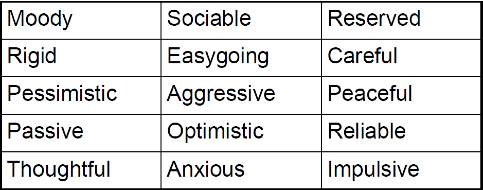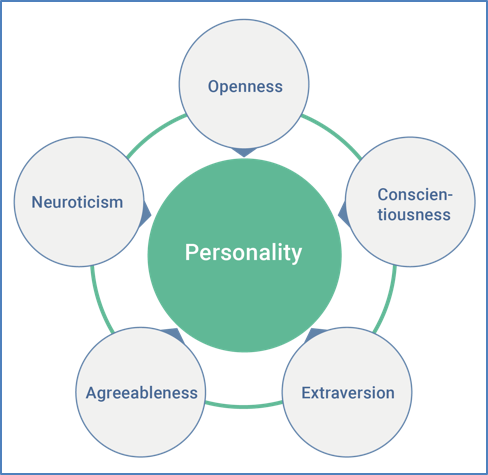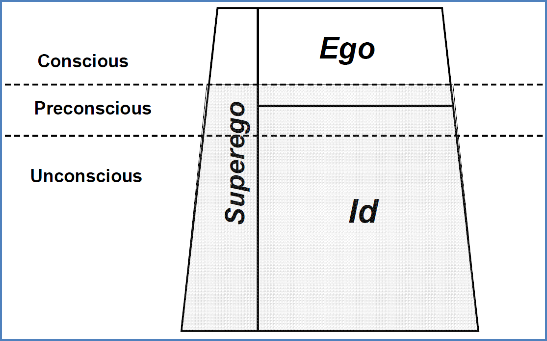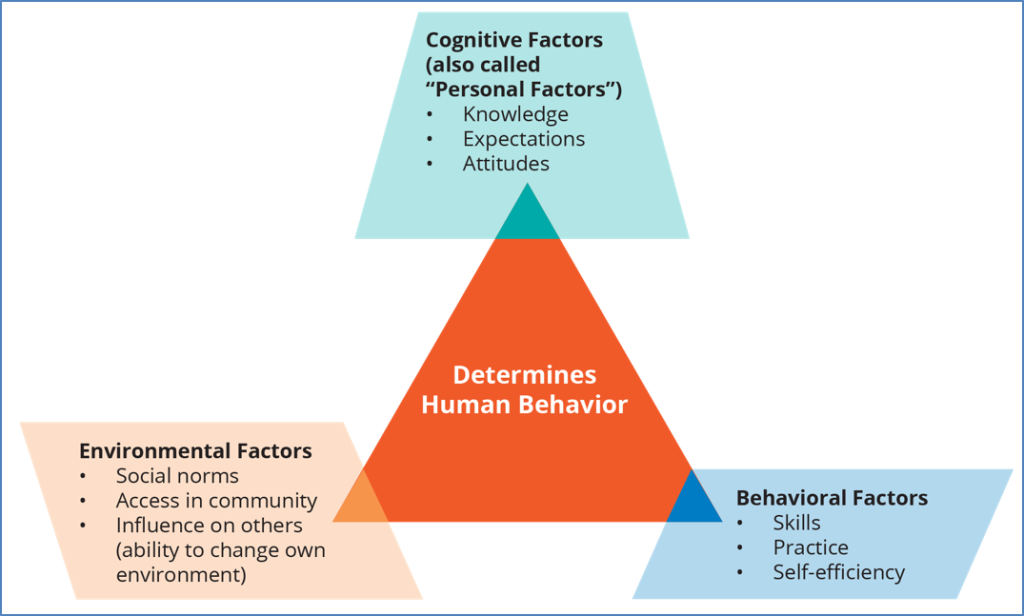Table of Contents
Overview – Personality Theories
Personality theories explore how individual traits, motivations, and behaviours form consistent patterns across time and situations. These models are central to psychiatry and psychology, helping clinicians predict behaviour, understand psychopathology, and tailor therapeutic approaches. This page outlines the major theoretical perspectives on personality development, assessment, and clinical relevance.
Definition
Personality refers to the enduring qualities of an individual that shape how they behave across different situations. It represents a mental model of a person’s mind that allows clinicians, educators, and peers to anticipate behavioural patterns.
Trait Theory
Synopsis
- People can be described through stable, underlying personality traits.
- These traits are:
- Independent
- Stable over time
- Based on neurological and biological foundations
- State vs Trait:
- State = transient mood or behaviour (how you are right now)
- Trait = enduring tendencies (how you tend to be over your life)
Major Trait Models

- Hans Eysenck’s Dimensions:
- Introversion ↔ Extraversion
- Neuroticism ↔ Emotional Stability
- Psychoticism ↔ Impulse Control
- Five-Factor Model (“Big Five”):
- Neuroticism – e.g. anxious, highly strung
- Extraversion – e.g. sociable, affectionate
- Openness – e.g. independent, imaginative
- Agreeableness – e.g. trusting, warm
- Conscientiousness – e.g. reliable, organised

Assessment
- Measured via self-report questionnaires
- Objective, structured
- Yes/No format questions about behaviours and feelings
- Designed to identify enduring patterns across time
Psychoanalytic & Developmental Theories
Synopsis
- Personality is seen as a dynamic compromise between biological drives and social expectations.
- Based on Freud’s model of the psyche:
- Id (Desire/Instinct)
- Ego (Mediator/Choice)
- Superego (Moral Conscience)

Freud’s Psychosexual Stages
- Oral
- Anal
- Phallic
- Latency
- Genital
Personality disturbances arise when conflicts in these stages are unresolved.
Key Concepts
- Defence Mechanisms – unconscious ways of managing internal conflict:
- Denial, Repression, Projection, Rationalisation, etc.
- Unconscious Re-Enactment – repeating childhood relational dynamics in adult relationships
- Attachment Theory (Bowlby):
- Emphasises the infant-caregiver bond as central to personality development
- Childhood attachments shape future emotional and relational behaviours
Assessment
- Aimed at uncovering unconscious wishes, fears, and defences:
- Detailed personal history
- Projective tests
- Dream interpretation
- Observation of transference (displacement of early feelings onto present relationships)
Social Learning Theory
Synopsis
- Behaviour and personality are shaped by:
- Reinforcement (reward and punishment)
- Beliefs and expectations
- Emphasises observational learning (learning through others’ behaviour)
- Includes concept of self-efficacy – belief in one’s ability to succeed
- Locus of Control:
- Internal: individual sees self as responsible
- External: outcomes attributed to others or external forces
Influences on Beliefs & Behaviour
- Past experiences of reward and punishment
- Treatment by others across time
- Social roles (race, class, gender, stigma)
Assessment
- Explored through clinical interview, focusing on:
- Behavioural patterns
- Beliefs and expectations
- Self-concept

Humanistic Theory
Synopsis
- Emphasises the individual’s potential for growth and self-fulfilment
- Focus on the present and future, rather than the past
- Interested in:
- Motivation
- Uniqueness
- Subjective experience
- Based on Maslow’s Hierarchy of Needs
- Self-actualisation sits at the top, attainable only after lower needs (physiological, safety, love/belonging, esteem) are met
Assessment
- Clinical Interview:
- Exploration of the person’s self-concept
- Observation of non-verbal communication
- Emphasis on empathy and reflective listening

Summary – Personality Theories
Personality theories are fundamental frameworks for understanding behavioural patterns, mental health, and human development. From biologically based trait theories to dynamic psychoanalytic models, social learning approaches, and the humanistic focus on individual growth, each theory offers a unique clinical lens. For a broader context, see our Psychiatry & Mental Health Overview page.